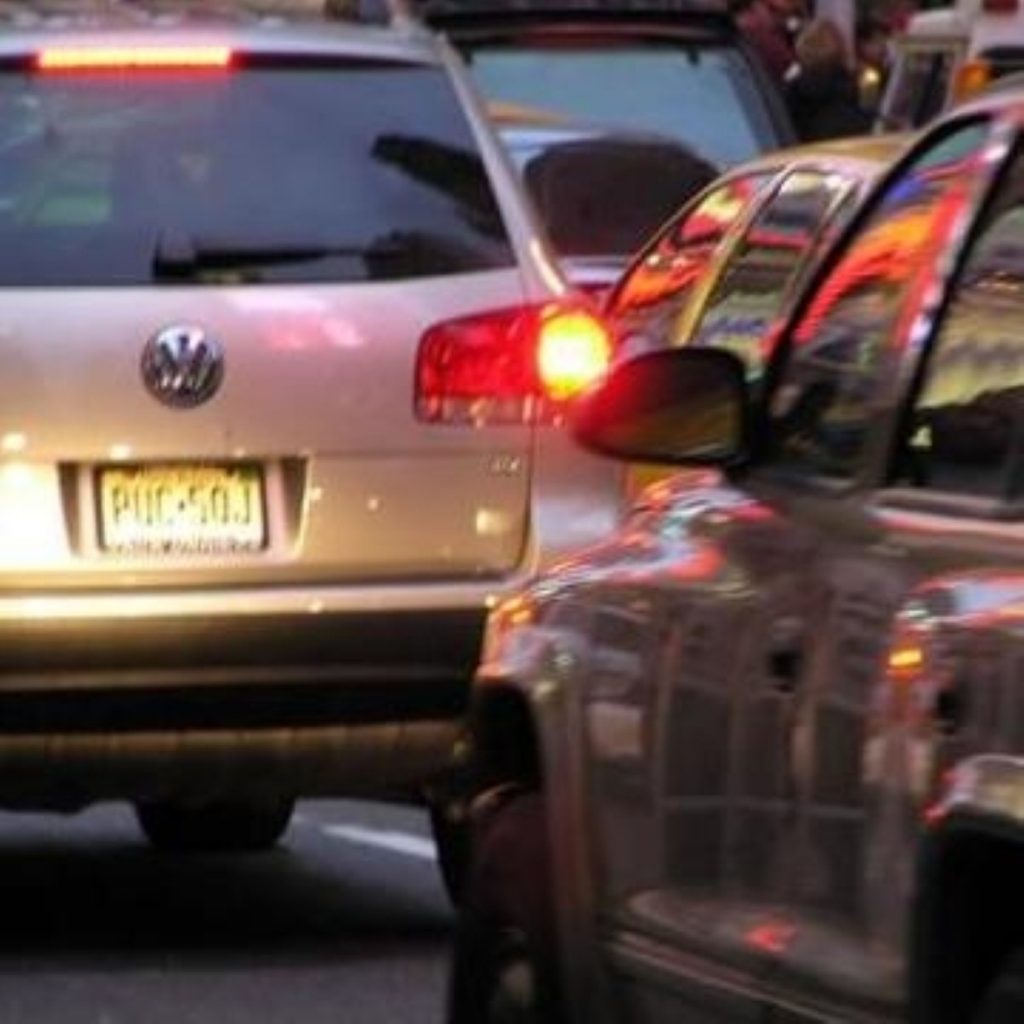Road pricing ‘vital’ in tackling congestion
Road pricing is the only option to cut congestion on Britain’s roads and could save the economy billions of pounds, a new government-commissioned report has found.
Former British Airways (BA) chief executive Rod Eddington today published the results of his year-long review into the UK’s transport needs and their impact on the economy.
He finds that Britain generally has “the right connections in the right places, to support the journeys that matter to economic performance” but notes that congestion on the roads in particular, where the majority of journeys are made, is a serious problem.
By 2025, 13 per cent of traffic is expected to be stop-start, losing an extra £22 billion in productivity by 2025. Cutting business travel journeys by just five per cent could save £2.5 billion for the economy, the report finds.


One traditional way of dealing with congestion is building more roads, but in a press conference in London this morning, Sir Rod warned: “The UK cannot build itself out of the current road congestion.”
Nor would introducing a high-speed rail link, such as the one proposed between London and Scotland, provide any major impact, he said.
By contrast, he said improving the current transport network with traffic flow measures, high-occupancy lanes on motorways and unblocking pinch-points could be very effective, as could investment in cycling and walking schemes.
However, Sir Rod’s report concludes: “Given the scale of the congestion challenge, I believe that there is no attractive alternative to road pricing.” It notes that such schemes could save the economy up to £28 billion a year by 2025.
“Provided it is well targeted, a national road pricing scheme of this type could reduce congestion by some 50 per cent below what it otherwise would be in 2025 and reduce the economic case for additional strategic road infrastructure by some 80 per cent,” it says.
The report adds: “It would also offer significant environmental benefits by reducing and reshaping infrastructure needs, as well as offering opportunities to price more appropriately for environmental costs and reduce emissions.”
Sir Rod acknowledged some commuters would suffer from the changes, and said ministers must consider this in any scheme.
Today’s recommendations are expected to be welcomed by the government. In May, transport secretary Douglas Alexander said introducing road pricing would be a “personal priority”, adding that the question was not so much why it should be introduced, but how.
However, the Conservatives are sceptical and shadow transport secretary Chris Grayling told the BBC that although he would back Sir Rod’s plans in principle, tolls on all roads were neither desirable “or realistically achievable in the near future”.
Liberal Democrat transport spokesman Alistair Carmichael said this morning that although Sir Rod’s support for road pricing was “welcome”, his recommendations did not offer enough for the environment.
“Sir Rod Eddington was asked for a 30-year strategy, he has given us a businessman’s analysis which might have been acceptable to more people a few months ago but since the Stern report it looks a bit thin and outdated in its thinking,” he said.
Today’s report also recommends Britain’s airports be expanded, saying that even if prices went up to cover the full environmental costs of flights – something Sir Rod backs – “there will remain a strong economic case for additional runway capacity”.












